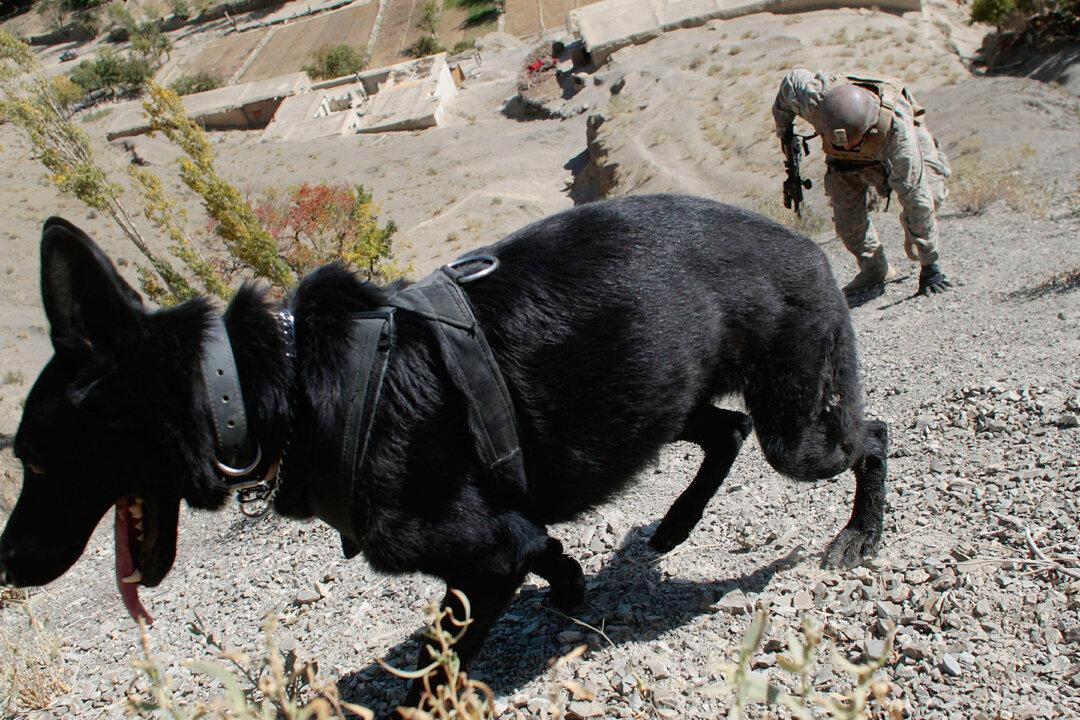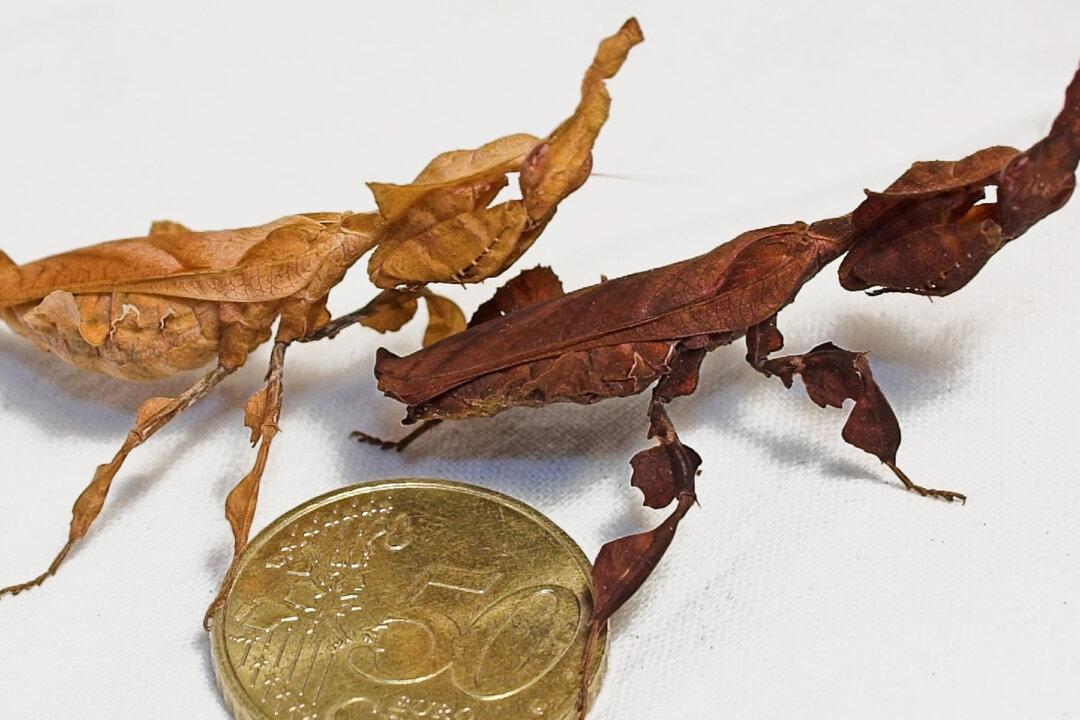From the archives: This story was last updated in December 2019.
While the general public is slowly becoming more aware of the issue of supporting veterans returning from combat zones, there’s one demographic that’s hardly on the radar at all: military working dogs (MWDs).These canines, once dedicated to defending their fellow soldiers, served on the front lines in conflict zones and are in need of fostering and adoption, according to a press release from Lackland Air Force Base in San Antonio, Texas. It is here at Lackland that many of them receive their training before being deployed.





